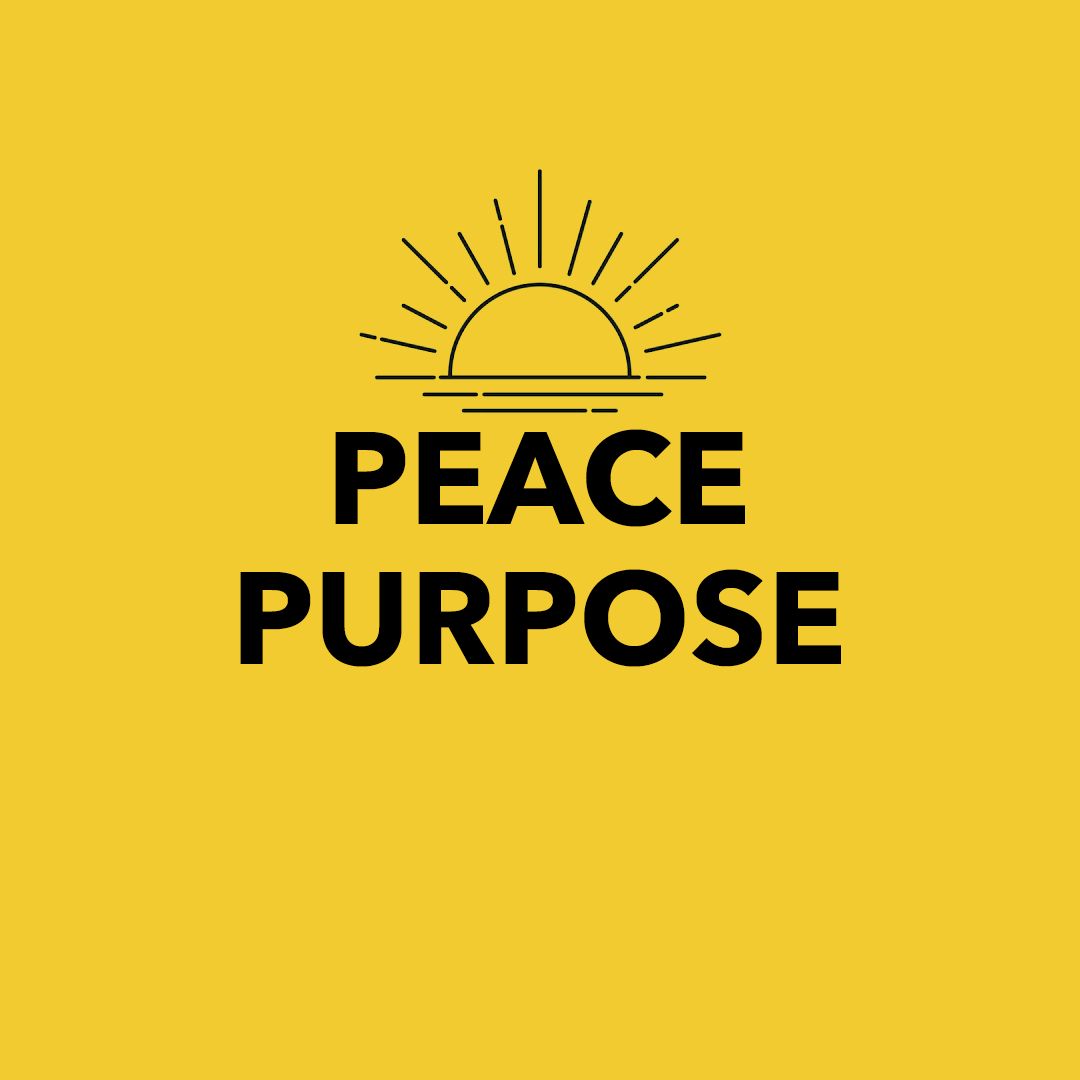In the quest for enlightenment and well-being, humanity has often pondered the dual pillars of peace and purpose. This exploration, steeped in divine teachings, particularly those of the Bahá’í Faith, invites us to interrogate the intricate relationship between these two concepts. How does one cultivate genuine peace while simultaneously paving the way for a meaningful existence? Is it possible that the pursuit of one inherently bolsters the attainment of the other?
The Bahá’í teachings assert that the core of human existence resides in the quest for these intertwined ideals. Peace is not merely the absence of conflict; rather, it represents a profound state of unity and harmony. On the other hand, purpose transcends mere ambition, guiding individuals toward a path that aligns with their higher selves. In wrestling with the complexities of daily life, can we adopt a mindset that fosters both peace and purpose?
At the heart of the Bahá’í teachings lies the principle of the oneness of humanity. This foundational tenet posits that every individual, regardless of their background, is part of a collective whole. Embracing this oneness can lead us to question the barriers that separate us. Why do we allow differences in culture, religion, or ideology to create rifts? In a world yearning for peace, the Bahá’í perspective offers a clarion call to transcend these divides and recognize the inherent dignity within every person. By acknowledging our shared humanity, does it not become evident that peace is not just an abstract ideal, but a tangible goal that can be achieved through mutual understanding and respect?
Yet, the challenge remains: how does this recognition manifest in our day-to-day lives? It necessitates a conscious effort to cultivate compassion, empathy, and forgiveness. The Bahá’í teachings delineate acts of service as pathways to purpose. Engaging in community service not only enriches the lives of others but also nurtures the giver’s soul, reinforcing the interconnected nature of existence. Through acts of kindness, we find ourselves anchored in a deeper sense of purpose, as our contributions ripple positively through the lives of others, fostering an environment where peace can flourish.
Central to this discourse is the notion of spiritual and moral development. The Bahá’í Faith emphasizes the importance of character, advocating for qualities such as honesty, integrity, and generosity. In our endeavors to find purpose, how often do we reflect on the ethical implications of our actions? As we strive to align our daily activities with these values, do we not share the seeds of peace with those around us? The Bahá’í teachings provide a roadmap that illustrates how spiritual principles can inform our objectives, creating a harmonious balance between our relentless ambitions and our quest for tranquility.
In addition, the concept of consultation, as espoused by the Bahá’í Faith, emerges as a pivotal mechanism for conflict resolution and achieving collective harmony. True consultation is rooted in respectful dialogue and the sincere sharing of ideas, devoid of ego. When we engage in consultation, particularly in community settings, we foster an atmosphere of collaboration and consensus. How might our communities transform if every discussion began with a commitment to seek the truth rather than to prevail in an argument? The practice of consultation not only enhances our relationships but can also serve as a cornerstone for enduring peace, allowing diverse perspectives to coalesce into a unified vision.
Furthermore, as we delve deeper into the exploration of purpose, we encounter the indispensable role of education. The Bahá’í Faith heralds education as a means not only for individual advancement but also as a catalyst for global progress. Education engenders a sense of responsibility towards oneself and one’s community, imparting the skills required to address complex societal challenges. How can a society enriched by education truly ignore the cries for peace present in its very fabric? Investing in education is, therefore, an investment in a peaceful future, nurturing generations that will place emphasis on collaboration over conflict.
Moreover, the Bahá’í teachings encourage the pursuit of unity in diversity. Living harmoniously amidst differing opinions is a formidable challenge that demands courage and resilience. Yet, within disunity lies an opportunity for growth and transformation. As we endeavor to embrace diversity, we endeavor to understand and integrate different perspectives. Could it be that the rich tapestry of our collective experiences, when celebrated, creates a fertile ground for peace to germinate? Building bridges of understanding rather than walls of division leads to a more profound appreciation of our shared human experience.
In conclusion, the symbiotic relationship between peace and purpose, as elucidated by the Bahá’í teachings, serves as a guiding light for individuals navigating the complexities of existence. In pursuing a peaceful life, anchored in purpose, we embark on a transformative journey that impacts not only our personal evolution but also the well-being of the collective. The challenge lies in recognizing that these ideals are not isolated pursuits. Rather, they are intertwined threads in the intricate fabric of our human dream. Together, through compassion, education, and a commitment to unity, we can turn this dream into a reality that is accessible to all, enriching our shared existence and illuminating paths toward a harmonious future.
